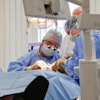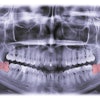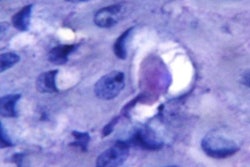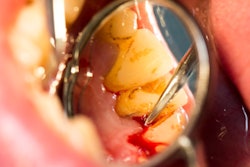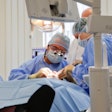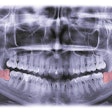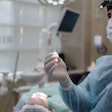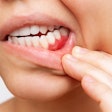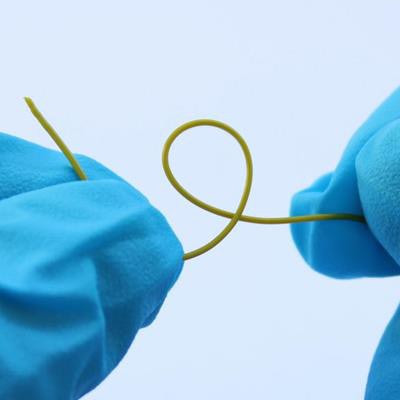
Researchers from Germany have developed biodegradable rods that can limit the application of antibiotics for periodontal disease to the mouth, reducing the side effects of standard pill-based antibiotic treatments.
More than 50% of adults in Germany are at some point affected by periodontal disease, which exposes the body to harmful bacteria and may lead to pneumonia and heart attack, said lead author Karsten Mäder, PhD, of Martin Luther University Halle-Wittenberg in a statement.
Standard treatment for the disease involves mechanical cleaning procedures followed by antibiotics delivered in pill form. These pill-based antibiotics, however, are associated with side effects, such as diarrhea, abdominal pain, and skin reactions, the authors noted.
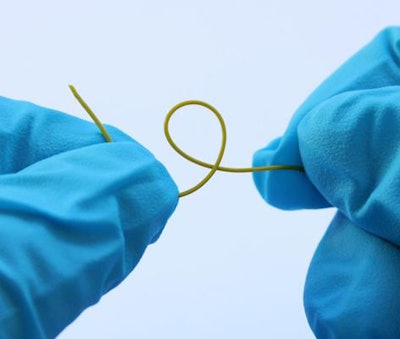 Flexible, biodegradable rods containing antibiotics for periodontitis treatment. Image courtesy of Martin Luther University Halle-Wittenberg/Faculty Marceting NF1.
Flexible, biodegradable rods containing antibiotics for periodontitis treatment. Image courtesy of Martin Luther University Halle-Wittenberg/Faculty Marceting NF1.To improve the safety of antibiotic treatment, Mäder and colleagues developed and tested flexible, biodegradable rods that could deliver antibiotics directly to areas affected by periodontal disease, and they published their findings in the International Journal of Pharmaceutics (October 31, 2019).
The rods, composed of pharma-grade polymers, slowly release a combination of a proven antibiotic (minocycline) and pharmaceutical excipient (magnesium stearate) into the gingival pocket. They are broken down naturally by the body and so do not need to be removed after administration.
"The complex is just as effective but more stable [than standard treatments]," Mäder said. "It slowly releases the antibiotic on the spot."
The researchers have applied for a patent for the complex active ingredient contained in the rods and its formulation. The group believes that the rods can be ready for commercial release in a few years' time.

